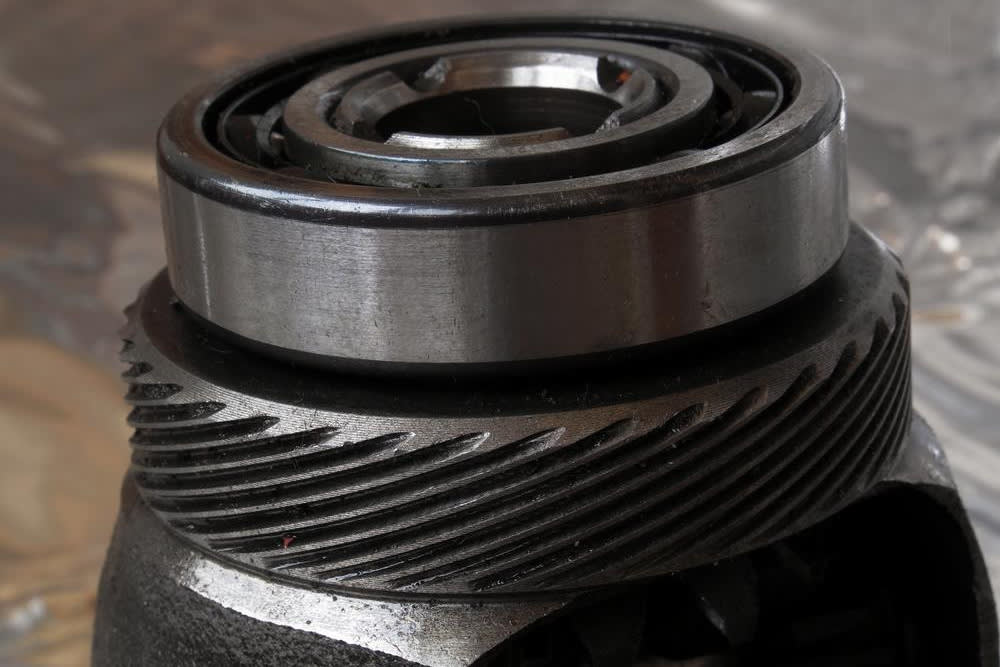

The differential is located either in the front or rear of your vehicle, depending on what make and model you drive and whether it is or front- or rear-wheel drive. When you turn your vehicle, the wheels need to rotate at different speeds, which is what the differential does to ensure your vehicle stays stable. The differential output seal is the part of the differential that connects the driveshaft to the transmission or rear differential. The output seal keeps oil or fluid from leaking out of the differential, and therefore keeps the part lubricated.
The oil in your differential should be changed every 30,000 to 50,000 miles, unless your owner’s manual states otherwise. Over time, the differential output seal can leak and allow fluid to escape. When this happens, the differential will not be lubricated so the bearings and gears can overheat. If these parts start overheating, there can be extensive damage to the differential that may render your vehicle inoperable until your differential is repaired.
An output seal leaks more while you are driving on the highway, so oil drops in your vehicle may not always be an indication your differential output seal needs to be replaced. If fluid is leaking out, you will notice the transmission starting to slip, so this may be a better indicator than looking for oil drops on your driveway. Preventative maintenance is a good way to ensure your differential seal output stays in good condition. While a professional mechanic changes the oil, they will inspect and replace the differential output seal as needed. In addition, they will check if there is oil splashed around the seal which indicates it may need to be replaced as well.
Since the differential output seal can go bad and leak over time, it is important to know all of the symptoms that indicate the part needs to be looked at by a professional.
Signs that show the differential output seal needs to be replaced include:
- The transmission is slipping while driving at higher speeds
- Transmission fluid or differential oil is constantly low which indicates a leak
- Grinding noises when you turn corners
If you are having any of the above issues with your car, make sure you get in contact with a professional mechanic to have your problem diagnosed and make any repairs as necessary.



